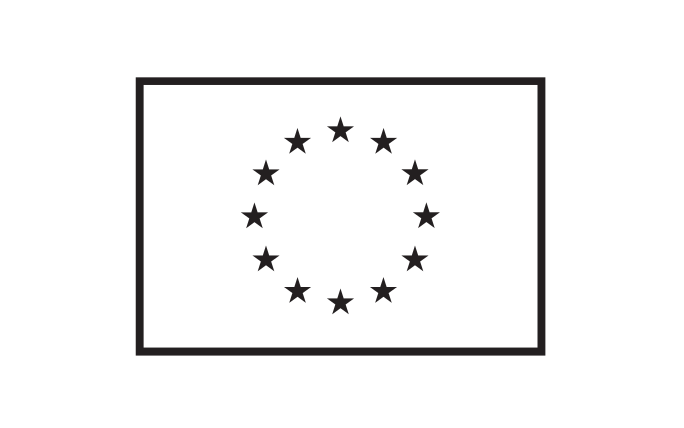Prof. PhD
Our ambition is to perform high quality basic science based on clinically relevant questions and yielding novel diagnostic approaches and clinical interventions. Thus, we study the molecular mechanisms by which human pathogens, bacteria and viruses, become resistant to killing by complement and thus establish infections. We also analyze how complement contributes to development of autoimmune diseases such as systemic lupus erythematosus or rheumatoid arthritis and if complement activation products can be clinically useful biomarkers. We search for mechanisms responsible for complement involvement in cancer development. We investigate complement deficiencies and the effects that mutations found in complement proteins in patients have on the function of these proteins and development of the disease. Further, we study the basic roles that complement proteins such as C3 may have when expressed intracellularly, for example in autophagy or insulin secretion.
King BC, Kulak K, Krus U, Rosberg R, Golec E, Wozniak K, Gomez MF, Zhang E, O’Connell D, Renström E, and Blom AM. Complement C3 protects against autophagy related b-cell death via ATG16L1 interaction and regulation of autophagy. Cell Metab 29:202-210 (2019).
Ermert D, Weckel A, Mörgelin M, Shaughnessy J, Rice PA, Björck L, Ram S and Blom AM. Human IgG increases virulence of Streptococcus pyogenes through complement evasion. J Immunol 200:3495-3505 (2018).
Martin M, Leffler J, Smolag KI, Mytych J, Björk A, Chaves LD, Alexander JJ, Quigg RJ and Blom AM. Factor H uptake regulates intracellular C3 activation during apoptosis and decreases the inflammatory potential of nucleosomes. Cell Death Diff 23:903-911 (2016).
Jusko M, Miedziak B, Ermert D, Magda M, King BC, Bielecka E, Riesbeck K, Eick S, Potempa J and Blom AM. FACIN, a double-edged sword of an emerging periodontal pathogen F. alocis – a metabolic enzyme moonlighting as a complement inhibitor. J Immunol 197:3245-3259 (2016).
Ermert D, Shaughnessy J, Joeris T, Kaplan J, Pang CJ, Kurt-Jones EA, Rice PA, Ram S and Blom AM. Virulence of group A streptococci is enhanced by human complement inhibitors. PLOS Pathog 11:e1005043 (2015).
Potempa M, Potempa J, Kantyka T, Nguyen K, Wawrzonek K, Manandhar S, Popadiak K, Riesbeck K, Eick S and Blom AM. Interpain A, a cysteine proteinase from Prevotella intermedia inhibits complement by degrading complement factor C3. PLOS Pathog 5:e1000316 (2009).
PROGRAMME SPEAKER
Reinhard Würzner, M.D., Ph.D.
Schöpfstraße 41
A-6020 Innsbruck
Imprint
This project has received funding from the European Union's Horizon 2020 research and innovation programme under grant agreement No 860044






